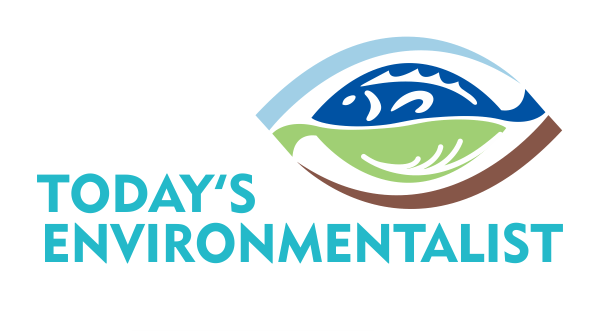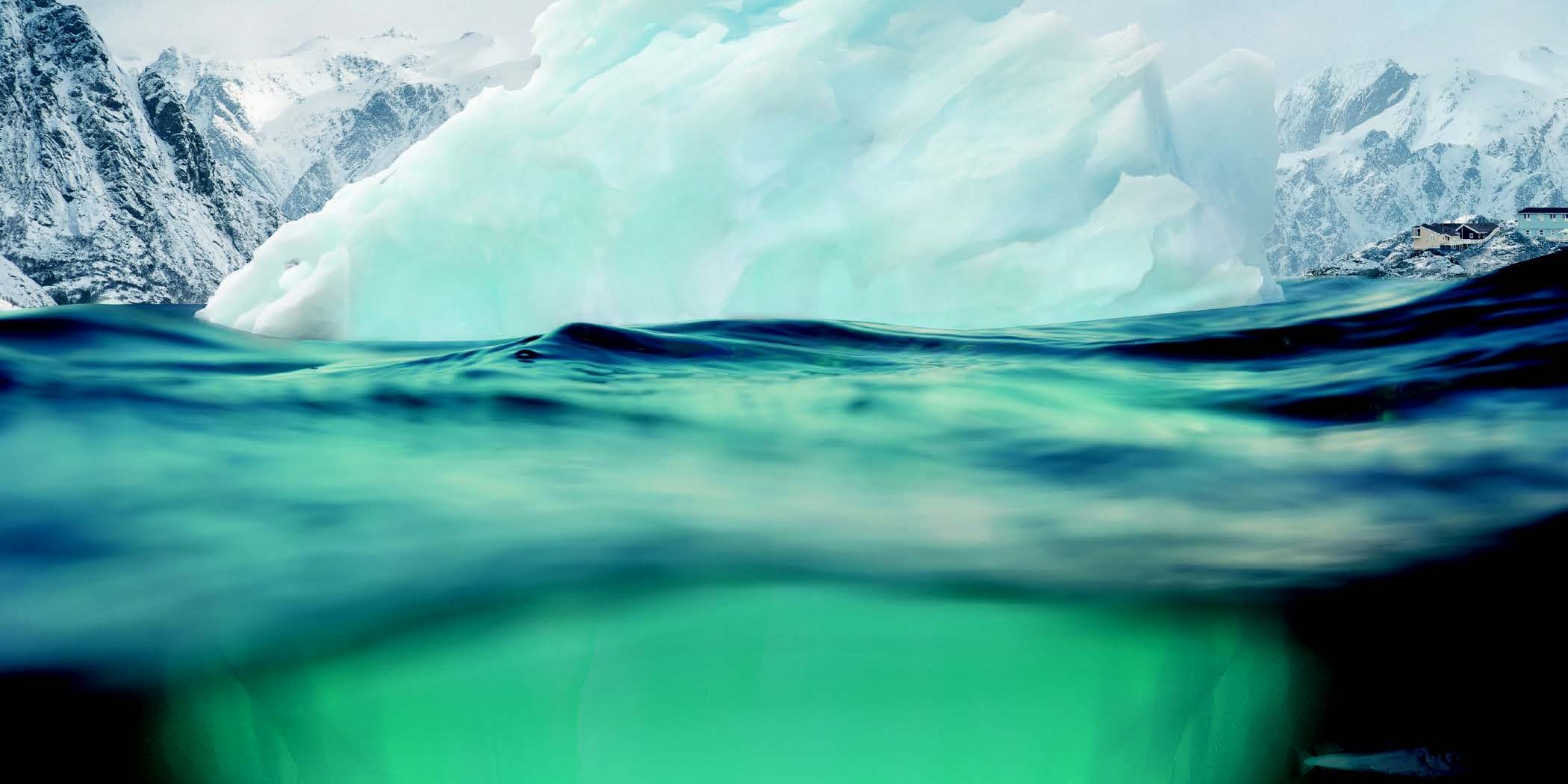The latest Intergovernmental Panel on Climate Change (IPCC) Special Report highlights the urgency of prioritizing timely, ambitious and coordinated action to address unprecedented and enduring changes in the ocean and cryosphere.
The report reveals the benefits of ambitious and effective adaptation for sustainable development and, conversely, the escalating costs and risks of delayed action.
The ocean and the cryosphere – the frozen parts of the planet – play a critical role for life on Earth. A total of 670 million people in high mountain regions and 680 million people in low-lying coastal zones depend directly on these systems. Four million people live permanently in the Arctic region, and small island developing states are home to 65 million people.
Global warming has already reached 1°C above the pre-industrial level, due to past and current greenhouse gas emissions. There is overwhelming evidence that this is resulting in profound consequences for ecosystems and people. The ocean is warmer, more acidic and less productive. Melting glaciers and ice sheets are causing sea level rise, and coastal extreme events are becoming more severe.
The IPCC Special Report on the Ocean and Cryosphere in a Changing Climate, approved on 24 September 2019 by the 195 IPCC member governments, provides new evidence for the benefits of limiting global warming to the lowest possible level – in line with the goal that governments set themselves in the 2015 Paris Agreement. Urgently reducing greenhouse gas emissions limits the scale of ocean and cryosphere changes. Ecosystems and the livelihoods that depend on them can be preserved.
“The open sea, the Arctic, the Antarctic and the high mountains may seem far away to many people,” said Hoesung Lee, Chair of the IPCC. “But we depend on them and are influenced by them directly and indirectly in many ways – for weather and climate, for food and water, for energy, trade, transport, recreation and tourism, for health and wellbeing, for culture and identity.”
“If we reduce emissions sharply, consequences for people and their livelihoods will still be challenging, but potentially more manageable for those who are most vulnerable,” Lee said. “We increase our ability to build resilience and there will be more benefits for sustainable development.”
Knowledge assessed in the report outlines climate-related risks and challenges that people around the world are exposed to today and that future generations will face. It presents options to adapt to changes that can no longer be avoided, manage related risks and build resilience for a sustainable future. The assessment shows that adaptation depends on the capacity of individuals and communities and the resources available to them.
More than 100 authors from 36 countries assessed the latest scientific literature related to the ocean and cryosphere in a changing climate for the report, referencing about 7,000 scientific publications.
The IPCC Special Report is a key scientific input for world leaders gathering in forthcoming climate and environment negotiations, such as the UN Framework Convention on Climate Change Conference (COP25) in Chile in December
“The world’s ocean and cryosphere have been ‘taking the heat’ from climate change for decades, and consequences for nature and humanity are sweeping and severe,” said Ko Barrett, Vice-Chair of the IPCC. “The rapid changes to the ocean and the frozen parts of our planet are forcing people from coastal cities to remote Arctic communities to fundamentally alter their ways of life,” she added.
“By understanding the causes of these changes and the resulting impacts, and by evaluating options that are available, we can strengthen our ability to adapt,” she said. “The Special Report on the Ocean and Cryosphere in a Changing Climate provides the knowledge that facilitates these kinds of decisions.”
The report finds that strongly reducing greenhouse gas emissions, protecting and restoring ecosystems, and carefully managing the use of natural resources would make it possible to preserve the ocean and cryosphere as a source of opportunities that support adaptation to future changes, limit risks to livelihoods and offer multiple additional societal benefits.
“We will only be able to keep global warming to well below 2°C above pre-industrial levels if we effect unprecedented transitions in all aspects of society, including energy, land and ecosystems, urban and infrastructure as well as industry. The ambitious climate policies and emissions reductions required to deliver the Paris Agreement will also protect the ocean and cryosphere – and ultimately sustain all life on Earth,” said Debra Roberts, Co-Chair of IPCC Working Group II.
SROCC provides the best available scientific knowledge to empower governments and communities to take action, embedding that scientific knowledge on unavoidable change and plausible futures into their own context, to limit the scale of risks and climate impacts.
The report gives evidence of the benefits of combining scientific with local and indigenous knowledge to develop suitable options to manage climate change risks and enhance resilience. This is the first IPCC report that highlights the importance of education to enhance climate change, ocean and cryosphere literacy.
“The more decisively and the earlier we act, the more able we will be to address unavoidable changes, manage risks, improve our lives and achieve sustainability for ecosystems and people around the world – today and in the future,” Roberts said.
For more information contact:
IPCC Press Office ipcc-media@wmo.int, +377 93 15 36 98
IPCC Working Group II Technical Support Unit tsu@ipcc-wg2.awi.de
Maike Nicolai maike.nicolai@ipcc-wg2.awi.de








